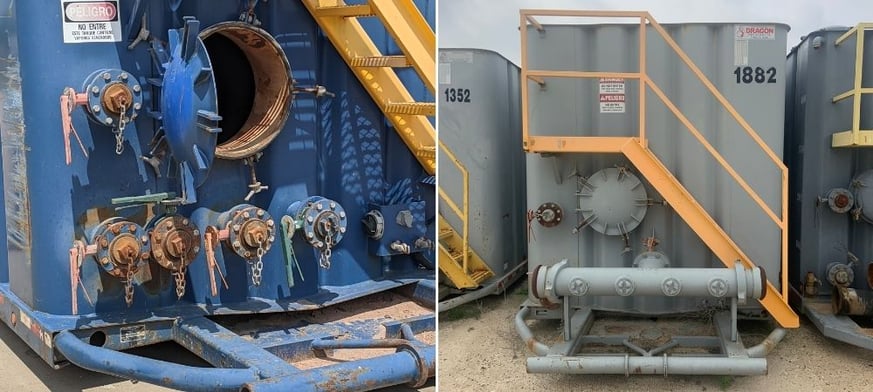
Frac tanks come with either an internal or external manifold, but what is the difference between the two? The concept is simple, some tanks have a manifold on the inside while others have it on the outside. A manifold on a frac tank is an 8” pipe that is connected to multiple smaller 4” pipes and a pump which is used for filling and draining. There are benefits to both styles, and choosing the one that’s right for you depends mainly on your project.
Internal Manifold Configuration
An internal manifold style tank has the manifold on the inside of the tank, just as the name suggests. The internal manifold is often used on job sites in northern regions, where the pipe is protected from the cold weather. The outside of the tank still has the connection valves that would hook up to hoses for filling and draining.
Internal Manifold Tank Inside:
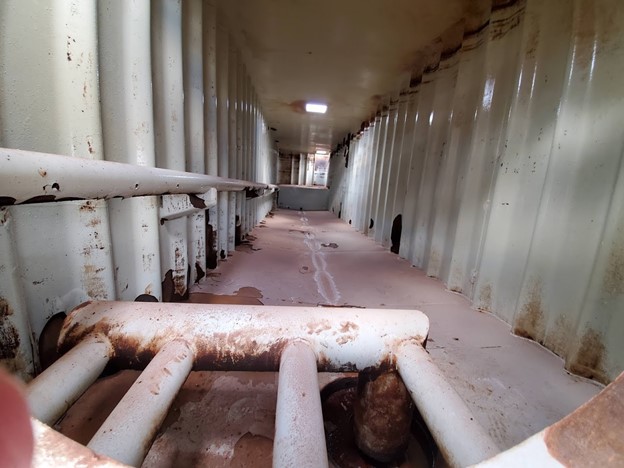
Internal Manifold Tank Outside:
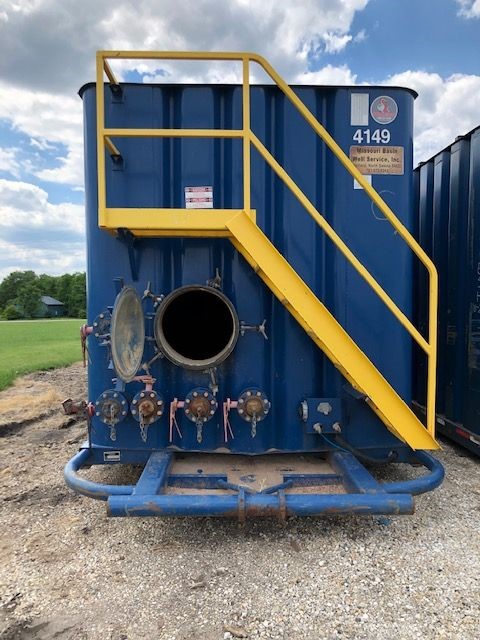
As you can see on the photo of the inside, the 8” pipe and connecting 4” pipes sit inside the tank and connect to the sump pump on the bottom. On the outside of the tank, you see the 4” valves that would connect to hoses.
Some projects require connecting multiple tanks together, which can be done with internal manifolds by using hoses.
External Manifold Configuration
An external manifold tank has the manifold mounted on the outside of the tank. This style is often seen in southern and western regions across the U.S., or in warmer climates where harsh cold temperatures are rare. On the outside of the tank, you will see the 8” pipe with four - 4” connection ports. The 8” pipe then feeds into the tank through the pump which is housed on the inside.
External manifold style tanks are easier to connect together on job sites that require connecting tanks. The 8” manifold pipe has 2 ports on either side that can easily be connected without the need for multiple hoses.
External Manifold Tank Outside:
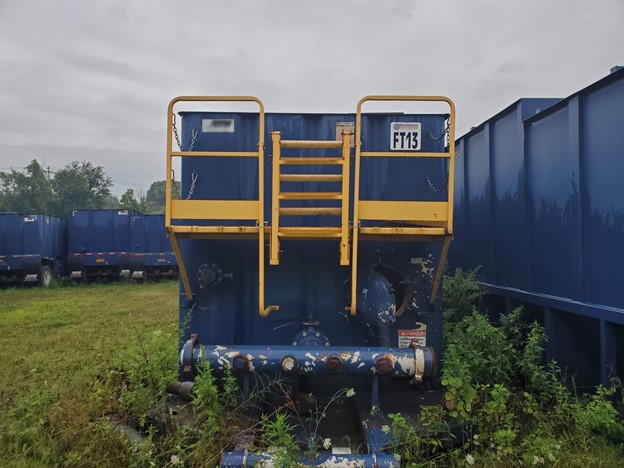
External Manifold Tank Inside:
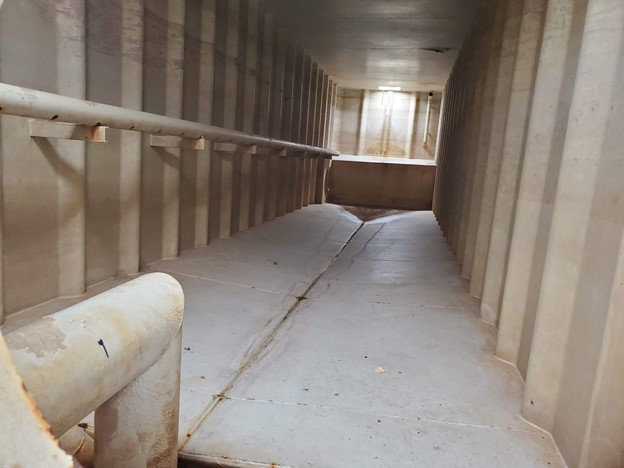
Choosing a Manifold Style
Projects running through cold winter months may want to choose an internal manifold, so that the piping is not exposed to the harsh weather conditions where it may freeze. Other projects that are going to require multiple tanks to connect together may want to choose an external manifold style, which makes connecting quick and easy. For projects where weather conditions aren’t a concern, and connecting tanks isn’t necessary, then choosing an internal or external manifold style is a completely personal preference.
At Geneva Equipment, we have a large nationwide network of tanks in stock with both internal and external manifold configurations. Contact us today for a quote on a tank that meets your needs.
